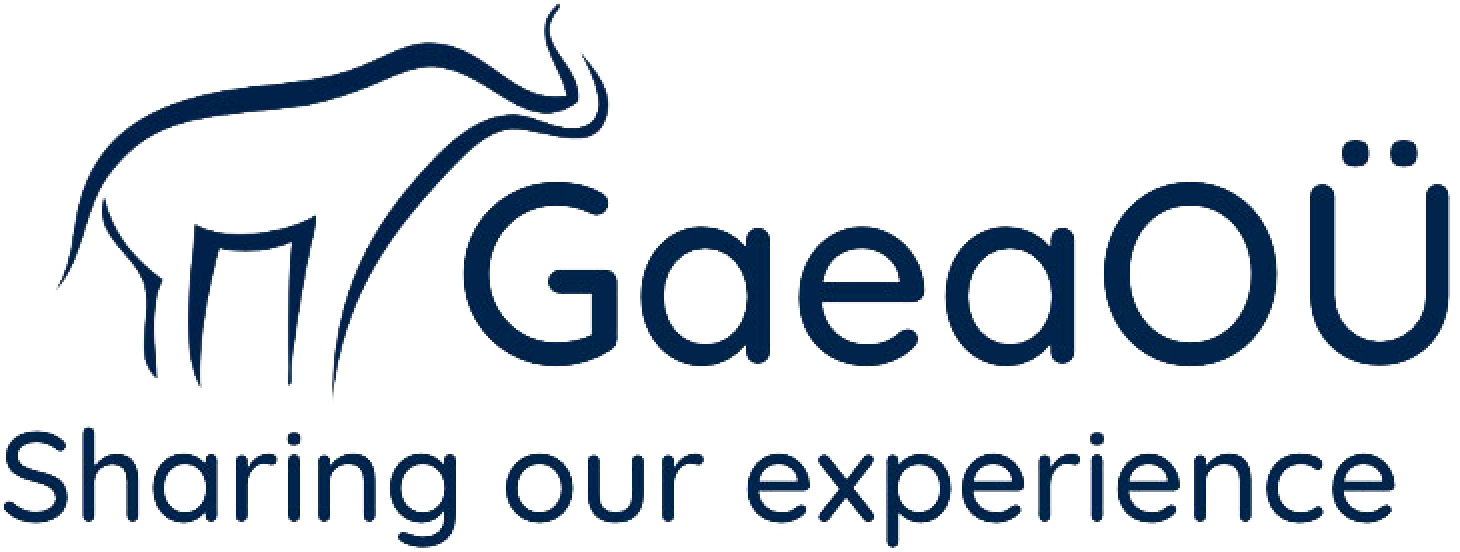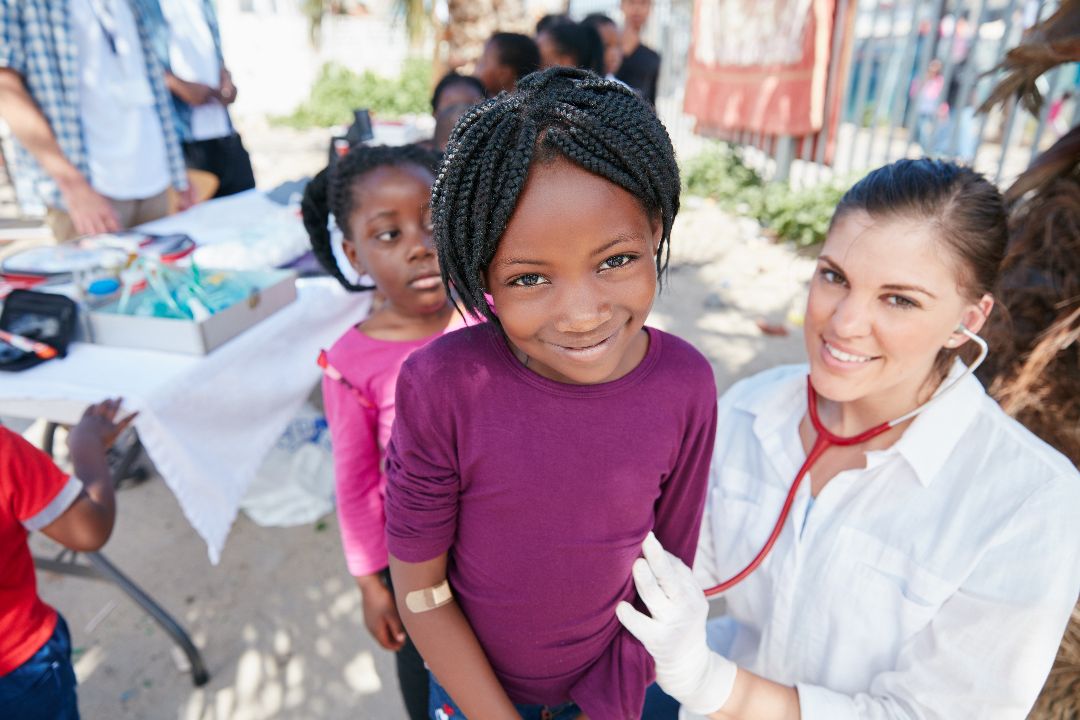Full Service CRO, to deliver your clinical trial
Operational Excellence:
With over 40 years of healthcare experience, our CEO/Founder leads the way at Gaea. As a smaller CRO, we have invested in operational quality. We use Veeva Vault and CRS Cube for software. We ensure computer system validation, uphold data privacy with a Data Protection Officer (DPO), and prioritise cybersecurity through a leading Estonian IT company.
Our experienced national CRAs support site staff and we focus on thorough site feasibility to avoid common enrollment issues.
Data management is closely linked with our clinical operations for optimal quality.
Therapeutic Experience:
Our CEO’s extensive 40-year tenure in health care encompasses too many indications to list. Please don’t hesitate to ask about your specific indication.
Local Market/Regulatory:
We are well-versed in the EU CTIS and understand the nuances of Part 2 regulations in the EU/EEA countries we operate in. Gaea works in Georgia, Ukraine, the UK, and the USA.
Cost:
Gaea offers competitive staff compensation while avoiding the overhead costs of larger CROs. We prioritise cost-effectiveness by proposing fully detailed budgets that allow sponsors to choose the necessary scope.
Services
Clinical Project Management
Clinical Project Management
Look moreEnabling Technologies
Enabling Technologies
Look moreSite Feasibility and Selection
Site Feasibility and Selection
Look moreSite Monitoring
Site Monitoring
Look moreClinical data management
Clinical data management
Look morePharmacovigilance
Pharmacovigilance
Look moreQuality Management and Compliance
Quality Management and Compliance
Look morePatient Expense Reimbursement
Patient Expense Reimbursement
Look moreData Protection as a Service
Data Protection as a Service
Look moreIndications
Indications
Look moreNigel Goodman
CEO at Gaea OÜ CRO and Clinical Trial Acceleration
I am passionate to bring products for significant diseases with unmet needs through trials in a fast effective way to quickly answer the clinical questions. I don’t believe using the largest CROs is always the cost-effective solution. The largest CROs must run a lot of trials to cover their cost base, though they take even the smallest trial these are small change. By necessity, risk-based monitoring becomes standard, face to face support to site staff is much reduced. Trials at sites are run by people, busy people, also managing patients in routine care.
In addition, my view is companies should all give back to the only world we live in – I choose to give back to sustainability here in Estonia, and education and conservation in Kenya.
Ukrainian patients need clinical research access more even than before and with the incredible engagement of research teams, we can perform clinical trials with fast patient recruitment, and minimum drop-out rates. To help us: on 22nd March 2023 the UA Competent Authority reduced an expert evaluation of a clinical trial application from 47 working days to 30 calendar days and shortened the approval timeline from 5 working days to 5 calendar days, a very significant reduction in time to launch your trial in Ukraine. (MoH order No 190 of 31st of January 2023).
Oleksii Korzh, Head of Department of General Practice - Family Medicine at Kharkiv National Medical University




